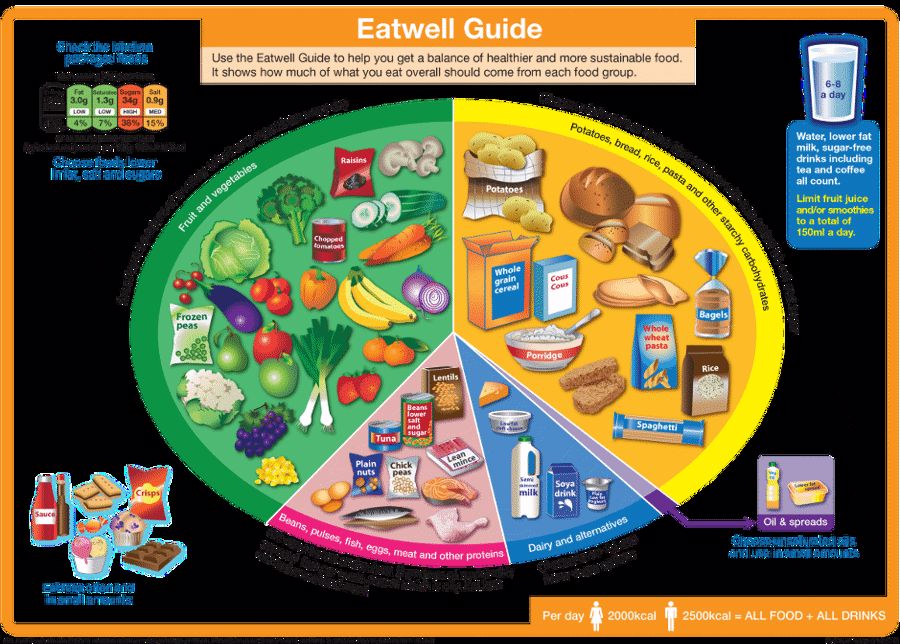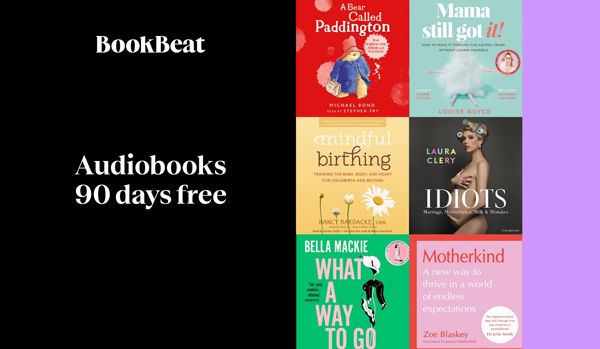The information discussed below is a loose guideline for healthy eating during pregnancy. There can be a lot of pressure on pregnant people to eat ‘perfectly’ which is often not helpful during an already anxious time. We are all human and there is no such thing as a ‘perfect diet’. If pregnancy sickness means you can only handle some white carbohydrates such as toast, do not beat yourself up! Your body is doing an amazing job so try to be kind to yourself.
What you eat during pregnancy will not only be beneficial for you to stay fit and well but will help your baby to grow healthily and give them the best start in life but you don’t need to go on a special diet to eat healthily during pregnancy. A good start is to aim to eat 3 meals a day with some snacks in between and to aim for a good range of nutrients in your diet, as discussed below.
Carbohydrates:
Aim to choose a carbohydrate for each mealtime. These include potatoes, bread, rice, pasta, quinoa, yam and cereals. Try and go for wholegrain or brown varieties as these have more fibre and choose those without added fat, salt or sugar. Carbohydrates are great at giving you and your growing bump enough energy!
[Read more: Food Cravings During Pregnancy]
Protein:
Protein sources include beans, pulses, fish, eggs, meat, nuts, Quorn and tofu. Aim to include a protein source at each meal as these are important for your baby’s growth. You should aim to eat oily fish 1-2 times weekly to help with your baby’s brain development; read my article on omega 3 for more information on this.
Fruit and vegetables:
Variety is key! Aim to ‘eat the rainbow’ and get lots of plant-based foods and colour into your diet; these are vital for getting lots of vitamins and minerals into your body for you and your little one. Aim for a minimum of 5 portions of fruit and vegetables a day, but aim for higher if you can. Usually, 80g counts as 1 portion or 30g of dried fruit but most packaging will tell you what will count as 1 portion (e.g. 1 x orange or 2 x satsumas). Remember that fresh, frozen, tinned and dried can count. 150ml of fruit juice counts as 1 portion maximum and 80g pulses and beans also count as 1 portion.
Dairy and alternatives:
This includes milk, cheese and yoghurt. Dairy foods are a good source of calcium, protein and fat. Calcium is important to help build teeth and bones for your baby. Aim for 3 portions a day (e.g. 200ml milk, 150g pot of yoghurt and 30g cheese). If you are choosing non-dairy alternatives such as soya milk check these have calcium added to them.
[Read more: 10 Foods and Drinks to Avoid Whilst Pregnant]
Hydration:
Drinking enough fluid is so important. Not drinking enough can make you feel ‘sluggish’ during the day and cause headaches, lethargy and poor concentration. Aim for 2 litres of fluid a day (8-10 x 200ml glasses). Water, milk, fruit juice and teas count towards this. If you have been sick or doing more exercise, make sure you replace the lost fluid.
Try to minimise foods and drinks high in fat and sugars (e.g. cakes, biscuits, sweets, crisps) to help avoid too much weight gain in pregnancy.

For more information on how to have a healthy balanced diet see the Eat Well Guide and NHS information on how to understand it.
Join Annabel over on our Instagram where she'll be answering all your pregnancy and post-birth diet and nutrition questions, keep your eyes out for our Q&A sessions.
References:
B Thomas, J Bishop. Manual of Dietetic Practice (2011) 4th Edition. Blackwell publishing. Chapter 3.1, Pregnancy
National Health Service (NHS) [Internet]. Burnley, UK: Department of Health. https://www.nhs.uk/start4life/pregnancy/healthy-eating-pregnancy/ Accessed July 2020
BDA (2019) Pregnancy & Diet. British Dietetic Association Food Fact sheet. Available at https://www.bda.uk.com/resource/pregnancy-diet.html. Accessed July 2020







